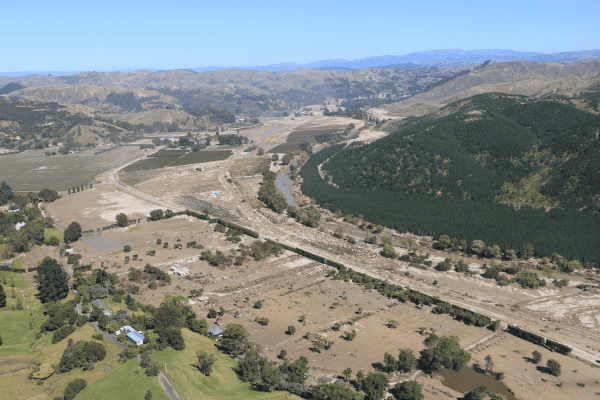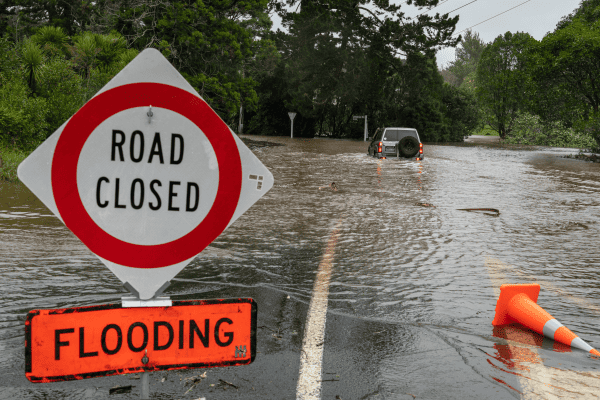Opportunities for early warning systems: A review
By Marion Tan and Sara Harrison
Background
We are with the Joint Centre for Disaster Research, working as a postdoctoral researcher and PhD candidate respectively. We were invited by Resilience to Nature’s Challenges to complete a review of emerging technology and trends for early warning systems. The paper was accepted to the Information Systems and Crisis Response and Management (ISCRAM) 2020 International Conference. Here we provide a brief summary of the resulting paper below and the promising research activities that follows from it.
The review
International policy for disaster risk reduction (i.e., the Sendai Framework for Disaster Risk Reduction 2015 – 2030) prioritises the development and implementation of people-centred early warning systems for natural hazards. As such, we were interested in knowing the current and emerging trends and gaps in early warning systems technology research. We reviewed 60 recent papers from the ISCRAM literature to identify the research trends and gaps.
In our review, we identified areas that need more attention in early warning systems technology research. These areas include (1) investigating ethical and privacy implications for using new technology and resulting information, (2) keeping up with the rapidly evolving technology, (3) developing inclusive tools to reach diverse audiences, and (4) ensuring the efficacy of warning systems for multiple hazards. In the paper, we emphasised that while technology has advanced early warning systems to new levels, we must also consider people’s perceptions of and response to early warning systems.
Next steps
The drive for a people-centric approach is important to ensure the success of early warnings in Aotearoa New Zealand (i.e., that the intended audiences adhere to the warning and take appropriate protective action). Researchers can build on the results of this paper towards research projects intended to improve early warning systems. Currently, Marion and Sara, along with research collaborators and partners, are working on the following research projects on early warnings for Aotearoa New Zealand:
- Marion and colleagues are working on an exploratory study that is investigating both the technical feasibility and social opportunities and challenges of developing and implementing an earthquake early warning system using low-cost sensors in Aotearoa New Zealand. The project aims to explore the viability of an earthquake early warning solution that is developed with people at the forefront.
- Sara’s PhD study is using an impact-oriented approach to improve severe weather warnings in Aotearoa New Zealand. The aims of the study are to better match warnings levels to the expected or experienced impacts caused by the event, and to improve the communication of the warning to be more meaningful to recipients so that they may respond appropriately.




